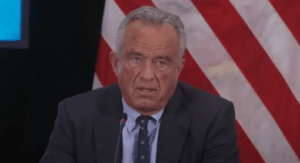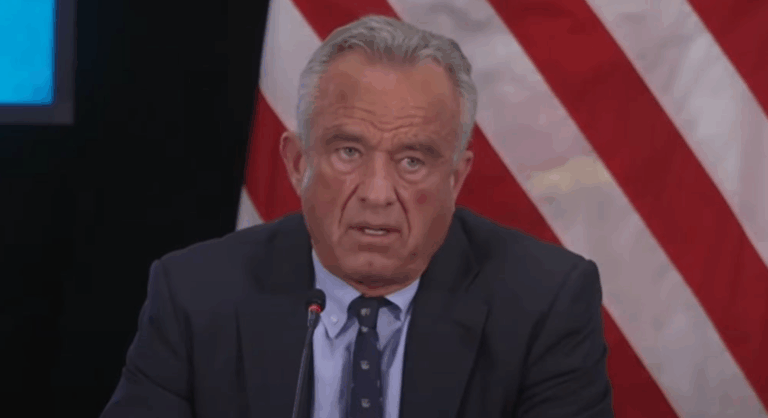On September 14, it was reported that Hike, once one of India’s most valuable startups and a unicorn, has become the latest victim of the Indian government’s recent “real-money gaming ban.” The company is led by Kavin Bharti Mittal, son of Sunil Bharti Mittal, founder of Indian telecom giant Airtel. Hike has now officially announced its closure.
This past Saturday, Hike’s founder Kavin Bharti Mittal stated that the company’s U.S. business, launched nine months ago, “started off with good momentum,” but he pointed out that achieving global expansion would require “a complete capital restructuring and strategic reset,” which he believes is “not the best use of capital and time.”
Hike initially launched in 2012 as an instant messaging app, positioning itself as a competitor to WhatsApp. In 2021, after shutting down its instant messaging service Hike Messenger, the company shifted its focus to the real-money gaming sector, launching its core platform, Rush, offering casual games like carrom and Ludo, where users could earn cash rewards. Mittal revealed that, over four years of operation, Rush attracted more than 10 million users and generated over $500 million in revenue (roughly 3.56 billion RMB at current exchange rates).
Hike’s early ambition was to build a messaging app targeting younger users to compete with WhatsApp, a vision that attracted renowned investors, including Tiger Global, SoftBank, and Tencent. In 2016, the company’s valuation peaked at $1.4 billion (roughly 9.98 billion RMB at current exchange rates).
Mittal wrote in a Substack post, “It’s not that we couldn’t raise funds, but the real question is: is it worth it? Is it worth adjusting our strategic direction again to achieve this goal? For the first time in 13 years, I’m saying no — it’s not worth it for me, not worth it for my team, and not worth it for our investors.”
Last month, the Indian government introduced the "2025 Online Gaming Promotion and Regulation Bill," imposing a comprehensive ban on real-money gaming platforms. This move shocked India’s $23 billion (roughly 163.87 billion RMB) real-money gaming industry. The federal government stated that the ban was introduced to address the various harms caused by real-money gaming, including reports of suicides linked to losses in these games.
Following the ban, leading companies in India’s real-money gaming sector, including Dream Sports and Mobile Premier League (MPL), have begun shutting down their real-money gaming operations in India. Some companies are pivoting to new areas such as micro-short dramas and financial services, while others are attempting to maintain operations by expanding into international markets.
This regulatory crackdown has also led to a wave of layoffs within the industry. According to sources speaking to TechCrunch, companies like Games24x7, Head Digital Works, MPL, and Zupee have collectively reported the loss of around 2,000 jobs. Some companies, in response to the new environment or their exit from the real-money gaming sector, are planning layoffs as high as 90%.
Additionally, insiders revealed that some venture capital firms that invested in these real-money gaming startups have questioned the founders: were there early signs that regulators would take action? If so, why were no measures taken to mitigate the impact of the ban?
Earlier this week, the Indian Supreme Court transferred all petitions (the details of the bill have yet to be released) filed against the new law from various state courts to the Supreme Court for unified handling. However, as of now, the Supreme Court has not yet initiated proceedings in these cases.
Mittal concluded in his post, “This is a disappointing and difficult end, but I choose to focus on the positive side: the lessons learned from this experience are invaluable, and my belief in the future direction has only strengthened.”






















+ There are no comments
Add yours